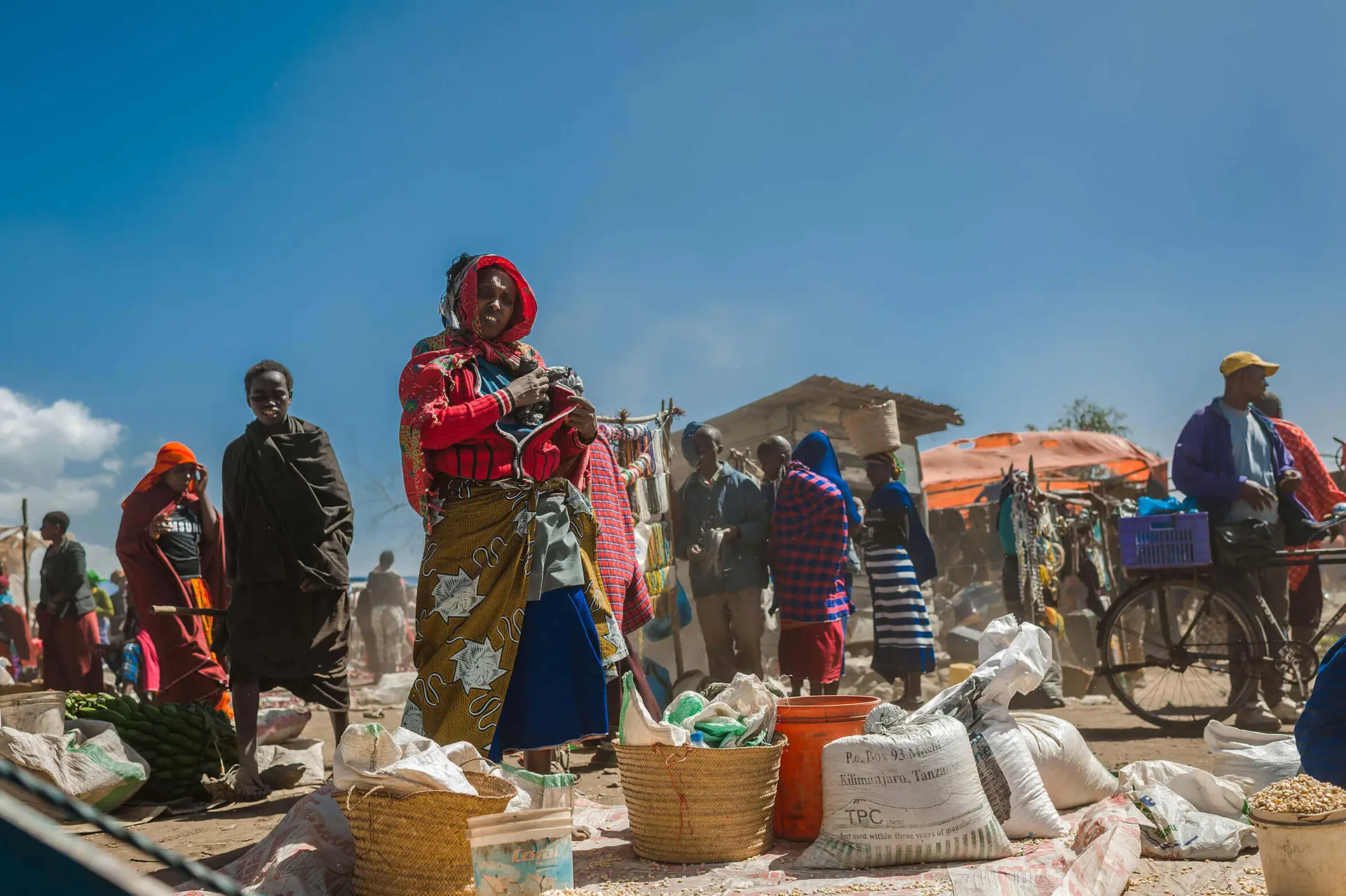COVID-19 has hit women disproportionately hard across East Africa, especially those working in the informal sector. Lessons must be learnt to prevent this from happening again.
Women in East Africa can look back over recent history with a sense of struggle and accomplishment, of regression and progression. Women’s activism was ingrained in many of the independence movements that took hold across the region throughout the 20th century.
In many respects, East Africa has achieved greater gender parity than many other parts of the world. Rwanda’s lower house in Parliament, for example, is 61 percent female, the highest proportion globally, according to its Inter-Parliamentary Union.
But increased representation has not always translated to real changes for ordinary women, especially in the world of business, a historic central pillar of the global drive for equality.
‘Celebrating the past…’
Activist Clara Zetkin, inspired by the nascent women’s movement in the US, first suggested the idea of an International Working Women’s Day in 1910, which was granted official status by the UN in 1975. The inaugural theme was ‘Celebrating the Past, Planning for the Future’. Today, women the world over are increasingly afforded more rights and freedoms.
In Kenya, the introduction of the ‘Linda Mama’ insurance scheme ensures mothers can safely give birth without worrying about the financial cost. Initiatives like this will continue to lower maternal mortality rates, which saw a 49 percent drop across sub-Saharan Africa between 1990 and 2013. Across the region, all but two EAC members have achieved the 30 percent critical mass of female representation in Parliament.
And while this is rightly lauded, tragically, many of the barriers women face in business remain much the same. Their ability to plan for the future has never been more important, as we face ongoing health, economic and environmental threats.
COVID-19 and women traders
By far the most common profession East African women are employed in is informal cross-border trade (ICBT). According to a joint study commissioned by TradeMark Africa (TMA) and the East African Sub-Regional Support Initiative for the Advancement of Women (EASSI), around 70 percent of ICBT in the region is conducted by women, for most of whom it is their only source of income.
COVID-19 restrictions ground ICBT to a halt, disproportionately affecting women, which is a problem considering that 43 percent of the population in Burundi, Kenya, Rwanda, South Sudan, Tanzania, and Uganda, is supported by cross-border trade.
In Kenya, weekly ICBT profits took an average hit of 97 percent. As borders closed, women were forced to take illegal panya routes, entrusting themselves to shadowy brokers, leaving them vulnerable to theft and sexual assault.
The study found that the decrease in trading opportunities has meant more and more being forced to sell sex to survive. Lengthy border delays to accommodate testing for truck drivers lured more girls out of school, consequently raising teenage pregnancy rates, ensuring most will never restart their education.
‘Planning for the future’
Everyone has a role to play in improving the lives of women and girls across East Africa. Study after study demonstrates ICBT’s ability to drive wealth creation, enhance wellness, and decrease poverty.
The pull factors that encourage women to get into ICBT in the first place – low operational costs, high profits, opportunities to join female cooperatives – must be maximized, while the risks of gender-based violence and discrimination they face must move in the opposite direction. Resilience to shocks like COVID-19 that often, disproportionately, affect women, must be strengthened.
The TMA/EASSI study presents a number of policy recommendations. Governments should be more willing to offer grants, tax waivers, and flexible loans. Civil society should offer training on economic diversification. More should be encouraged to join women-friendly cooperatives. At all levels, women should be represented in decision-making platforms to ensure their voice is heard.
And donors need to prioritize funding towards programs aimed at women in business, so they can build more resilient and sustainable futures.
TMA, a leading Nairobi-based aid-for-trade organization, already has successful initiatives in place designed to support women traders, like their Women in Trade program, which now reaches 50,000 women traders at 20 borders. Resource centers developed through the program have been a lifeline during the pandemic, providing women with vital access to support and trade-related information.
TMA understands the power of the collective, taking strides to support the establishment of women-friendly cooperatives that give greater access to markets, financing, and decision-makers. Organizations like these must be supported if we are to achieve SDG 5.
Achieving an equal future
COVID-19 has exacerbated pre-existing trends that have held back women in business for too long.
While recent high-profile successes, like Kamala Harris and Ngozi Okonjo-Iweala, demonstrate progress, there needs to be more grassroots action. We will only see real change through diversity and inclusion.
It’s right to celebrate the past successes of women. But right now, more than ever, it’s imperative to plan for the future.
(Disclaimer: Gloria Atuheirwe is the Director of the Women In Trade program at TradeMark Africa (TMA). The opinions expressed are the personal views of the author. The facts and opinions appearing in the article do not reflect the views of Devdiscourse and Devdiscourse does not claim any responsibility for the same.)
Read original article


